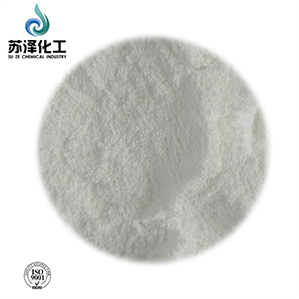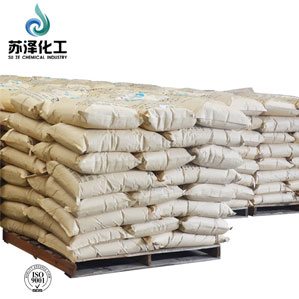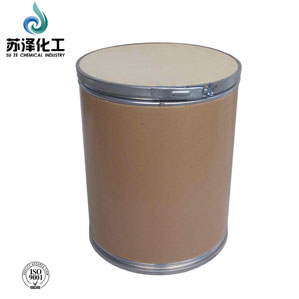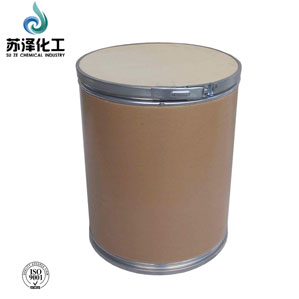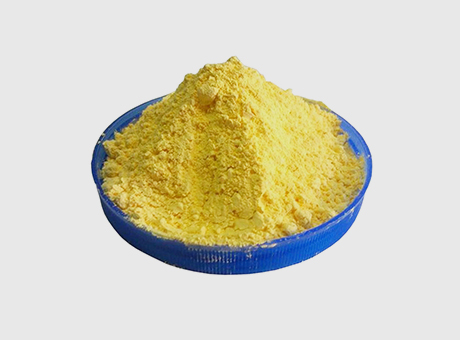
Products
Organic Peroxides
Dyes And Pigments
Pharmaceutical Intermediates
Agricultural Chemical
Benzyl Alcohol
Epoxy Resin
PA66
Aramid Fiber
About Chemical CAS
P-nitrophenol Sodium Salt
P-Aminophenol
2-Nitroanisole
O-phenetidine
O-Nitrofenol
5-Chloro-8-Hydroxyquinoline
2,6-Diisopropylaniline
P-Phenetidine
O-Anisidine
P-Anisidine
Pesticide Intermediate
Insecticide
Fungicide
Pyrethroids Technical for Public Health
Herbicide
Plant Growth Regulator
Space Spray Insecticide
Dibenzoyl Peroxide Granular
Dibenzoyl Peroxide Paste
Tert-butyl Peroxybenzoate
Bis (2,4-Dichloro Benzoyl) Peroxide
Tert-Butyl Peroxy-2-ethylhexanoate
Methyl Ethyl Ketone Peroxide
Dibenzoyl Peroxide Powder
Tert-butyl Peroxybenzoate
2,5-Dimethyl-2,5-di (tert-butylperoxy) hexane
Bis (2,4-dichloro Benzoyl) Peroxide
P-nitrophenol Sodium Salt
P-Aminophenol
5-chloro-8-hydroxyquinoline
2,6-Diisopropylaniline
Benzoyl Chloride
Bifenthrin
Cyfluthrin
Beta-Cyfluthrin
Lambda-Cyhalothrin
Cypermethrin
Beta-Cypermethrin
Deltamethrin
Acrinathrin
Imidacloprid
Acetamiprid
Chlorfluazuron
Cyetpyrafen (SYP-9625)
Tetrachlorantraniliprole (SYP-9080)
Pymetrozine
Fluazinam
Propiconazole
Carbendazim
Thiophanate-Methyl
Difenoconazole
Pyraclostrobin
Zineb
Propineb
Metiram
Clofentezine
Flumorph (SYP-L190)
Fenaminstrobin(SYP-1620)
Enestroburin (SYP-Z071)
Pyrisoxazole(SYP-Z048)
Epoxiconazole
D-Allethrin
Esbiothrin
Bioallethrin
Cyphenothrin
Diethyltoluamide
Empenthrin
Flumethrin
Imiprothrin
Permethrin
Tetramethrin
D-Tetramethrin
Tetramethylfluthrin
Tralomethrin
Transfluthrin
D-Phenothrin
Prallethrin
Silafluofen
Chlorempenthrin
Metoxadiazone
Meperfluthrin
Rich-D-Trans Prallethrin
Chloroprallethrin
Fipronil
